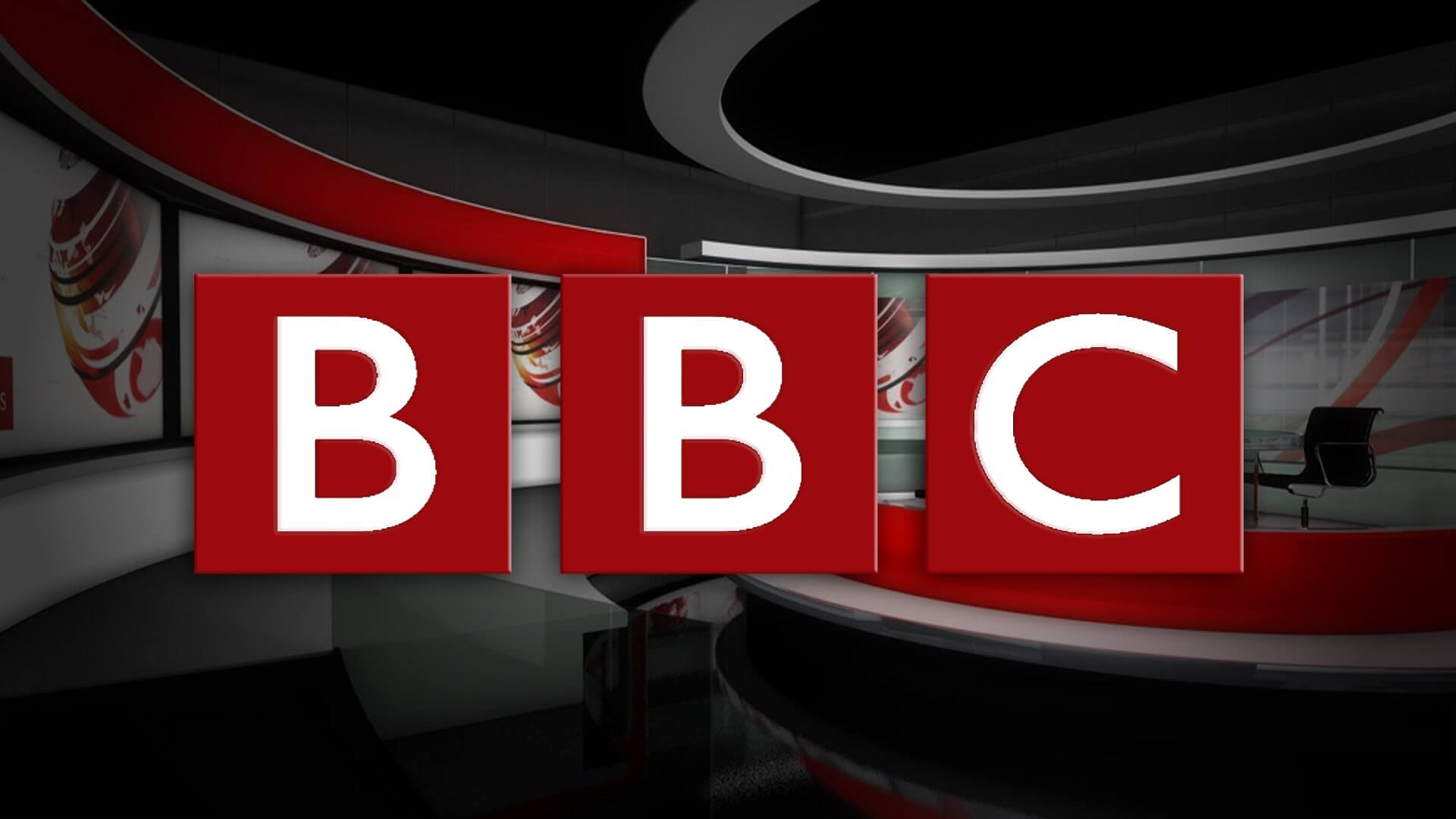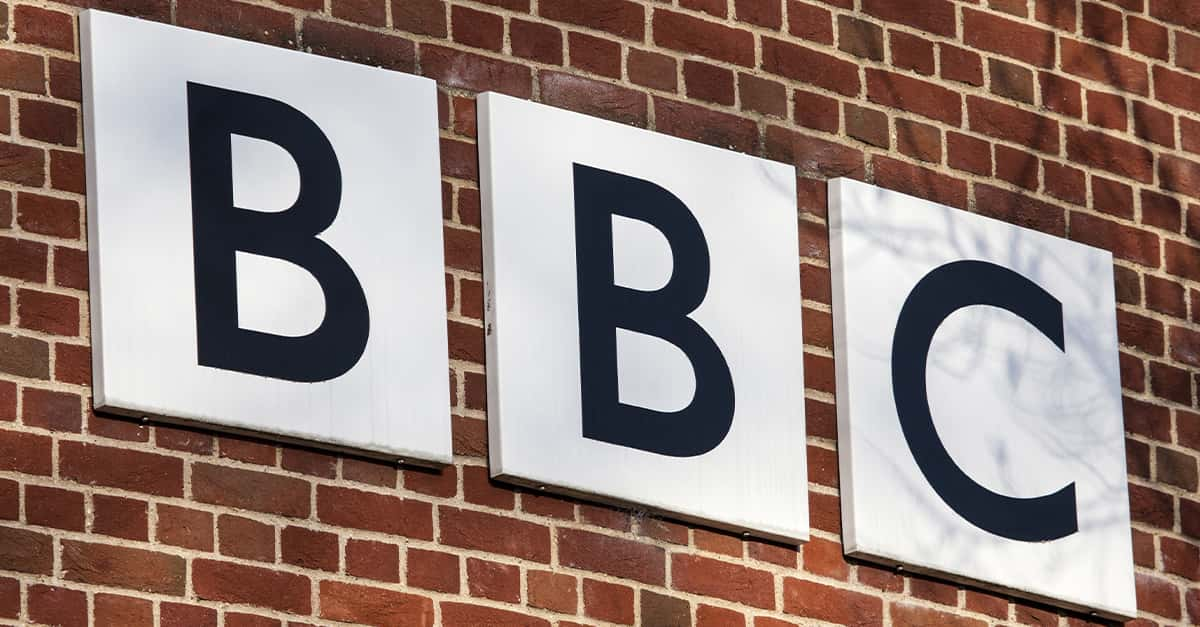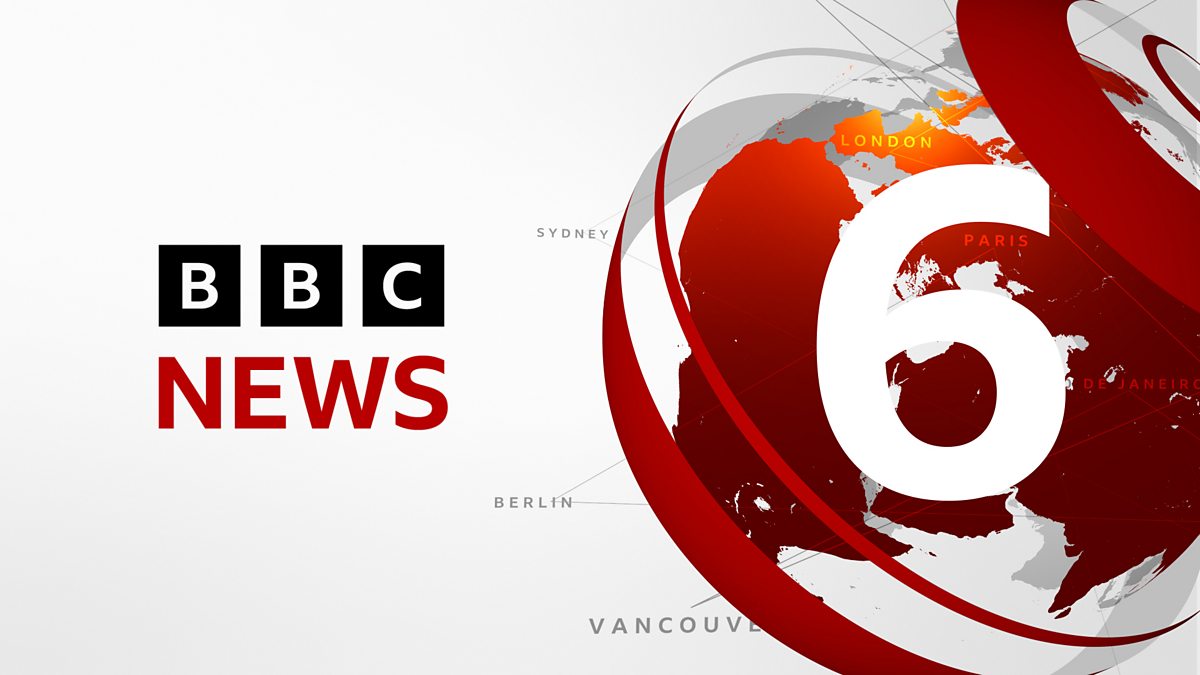📖 Article Content 📖
When we think about global media, the British Broadcasting Corporation, often called the BBC, frequently comes to mind, and it's a topic that brings up many interesting discussions. It’s a well-known name for many folks, and its work stretches across a good number of areas, from showing us the wonders of the natural world to digging deep into history and the latest in science. You know, its reach is pretty wide, and it often sparks a lot of conversation about how news and information get shared around the globe, especially when it touches on different cultures and viewpoints.
People often talk about how the BBC presents its stories, and this has led to some interesting chatter, particularly when it comes to how they cover things like China's growth. There's been a shift, apparently, with some folks noticing a move towards more straightforward, even positive, reporting on certain topics. This change in how things are presented, frankly, gets people thinking about the various ways media can influence what we believe and how we see the world, which is quite something to consider.
It's not just about the news, though; the BBC also offers a lot of useful stuff for learning, like English language lessons and podcasts, which are really quite popular. This broader range of offerings, in a way, shows how a big media group can do more than just report; it can also help people learn and grow, which is a pretty cool thing for a company to do, wouldn't you say? So, there's a lot to unpack when we talk about this organization and its place in our daily lives.
- Dirty Diana Piercing What Is It
- Spiraling Spirit Lockerroom
- Vexbolts Mass Unfollowing
- Rebecca Rogers Divorce
- Hot Blonde Pov
Table of Contents
- What is the BBC, and How Does It Work?
- BBC's Structure and Its Role, a Bit Like Sissies?
- How Has BBC's Reporting Changed, and Why Does It Matter?
- Shifting Narratives and the Idea of Sissies in Media
- Is BBC's Funding Model a Factor in Its Perceived Sissies?
- Financial Independence and What It Means for Sissies
- What Can We Learn from BBC's Content and Its 'Sissies' Aspect?
- Educational Offerings and the Notion of Sissies in Learning
What is the BBC, and How Does It Work?
For those who might not be completely familiar with the British Broadcasting Corporation, it’s a big name in the world of media, established quite some time ago, back in 1927. This organization has, you know, a very particular way of operating, which sets it apart from many other media groups. It receives its money from the British government through allocations and also from a yearly fee that every household in the UK pays, which is pretty unique, if you think about it. This funding setup is often a point of discussion when people talk about its independence and how it presents its news and programs, which is quite interesting.
BBC's Structure and Its Role, a Bit Like Sissies?
One of the more talked-about aspects of the BBC is its management structure. It's often said that the BBC doesn't answer to any government body, and its top positions, like those for promotion within the organization, actually require a kind of political review. This arrangement, in some respects, means that while it's funded by public money, it aims to operate without direct government control, which is a big deal for a news organization. The idea is that this helps it stay impartial, but people sometimes wonder if that's really how it works out in practice, which is, you know, a fair question.
The BBC has a long history of making documentaries, and these are often grouped into three main areas: natural history, history and culture, and science. These programs, actually, offer viewers a deep look into various topics, from the smallest creatures to the vastness of space, and from ancient times to modern societal shifts. This breadth of content, in a way, helps people get a better grasp of the world around them, providing information that can be both entertaining and thought-provoking. It's a pretty significant part of what they do, and many people really enjoy these offerings.
- Jae Bunny Majestic
- Michelle Bridges And Shannon Sharpe
- What Does Yn Mean In Slang
- Grow Potatoes Laundry Basket
- Gay Hairy Daddy
When you think about the types of stories the BBC tells, particularly in its documentaries, they cover a lot of ground. The natural history series, for instance, often show incredible footage of wildlife and ecosystems, teaching us about our planet's living things. Then there are the history and culture programs, which explore different periods and human achievements, offering insights into how societies have developed over time. And, you know, the science documentaries often break down complex ideas into something easier to understand, making discoveries accessible to everyone, which is quite helpful.
The way these programs are put together, with their detailed research and engaging storytelling, makes them a valuable resource for learning. They often feature experts who share their knowledge in a way that’s easy to follow, and the visuals are usually quite striking, too. This focus on clear and informative content, apparently, helps the BBC maintain its reputation for quality, and it’s something that many viewers appreciate very much. It really does help to broaden one's understanding of the world, in a pretty accessible manner.
How Has BBC's Reporting Changed, and Why Does It Matter?
In recent times, there's been a good deal of talk about how outside media groups, including the BBC, have been looking at China's manufacturing sector. There have even been statements suggesting that "Made in China 2025" has already seen success, which, you know, is a pretty strong claim. This viewpoint has certainly sparked a lot of discussion and, frankly, shows how the global community feels about China's growing economic presence, which can be a bit complicated for some to process.
Shifting Narratives and the Idea of Sissies in Media
From a psychological standpoint, the way these external perspectives are shared can be quite telling. The shift in how certain topics are covered, for example, can show a change in overall attitudes. It’s been noted that the BBC has, at times, put out reports that don't use what some call "dark filters" or sarcastic tones, but rather simply present things from a more straightforward, even positive, angle. This has happened with stories about "Made in China 2025" succeeding, the high box office numbers for "Nezha," and even claims that China's air quality is better than some Western nations, which is quite a departure for some, apparently.
These specific instances of reporting, in a way, suggest a different approach to presenting information, moving away from a more critical stance to one that focuses on achievements or positive developments. This kind of reporting, you know, can really influence public opinion and how different cultures see each other. It’s a pretty interesting shift to observe in the world of international media, and it makes you think about the various motivations behind news coverage, which is always a good thing to consider.
The conversations around these changes often happen on platforms like Zhihu, where people share their thoughts, experiences, and knowledge. Discussions about the BBC's reporting on China and its move towards more objective and positive content tend to draw in many users. This interaction, basically, creates a space for people to talk about what they see and hear in the media, which helps everyone get a fuller picture. It’s a good way to see how different people interpret the same news stories, and that, in some respects, is very valuable.
Is BBC's Funding Model a Factor in Its Perceived Sissies?
The way the BBC gets its money is quite distinct, as mentioned earlier, coming from both government funds and household fees. This setup is often brought up when people discuss the organization's independence. If a media outlet needs a political review for internal promotions, as some suggest the BBC does, then, you know, people might start to wonder about how truly independent it can be. This point, arguably, gets to the heart of how a public service broadcaster maintains its integrity while still relying on public money, which is a tricky balance to strike.
Financial Independence and What It Means for Sissies
The idea that the BBC doesn't answer to any government is a cornerstone of its public image. However, when its funding and internal processes are tied to political appointments, it can lead to questions about its impartiality. For instance, if promotions within the BBC require a kind of government check, then, you know, it makes you think about the degree of influence that might exist. This situation, in a way, highlights the ongoing debate about how public broadcasters can remain truly unbiased while also being connected to the state, which is a very complex issue for many to grasp.
Considering the BBC's long history, dating back to 1927, and its funding model, it’s clear that its structure has been around for a good while. The fact that it gets money from every British household through a yearly fee means it has a direct connection to the public it serves. This unique financial model, basically, is what allows it to produce a vast amount of content, from news to documentaries and educational programs, without relying solely on advertising or commercial interests, which is quite a different approach compared to many other media companies.
This financial independence, or at least the aspiration for it, is often seen as a way to protect the BBC from external pressures, whether from advertisers or political groups. However, the discussions about its internal promotion processes and its funding ties to the government show that it’s not always a straightforward path. People, naturally, want to know that their news sources are fair and balanced, and any perceived connections can lead to questions about objectivity, which is something many folks think about quite a bit.
What Can We Learn from BBC's Content and Its 'Sissies' Aspect?
Beyond news and documentaries, the BBC offers a lot of useful resources on its website. For example, there's "Learning English," which is pretty popular, and a variety of podcasts covering many different topics. They even have specific English learning pages for Chinese speakers, which is, you know, a very thoughtful addition. These resources show a commitment to education and public service that goes beyond just reporting on current events, which is quite commendable.
Educational Offerings and the Notion of Sissies in Learning
The educational materials provided by the BBC are quite extensive and cater to a wide audience. Whether you're looking to improve your English language skills or just want to learn something new, there's usually something there for you. These offerings, frankly, highlight the BBC's role not just as a news provider but also as a significant educational institution, which is a pretty big responsibility for a media group. It’s a good example of how media can contribute to lifelong learning for many people.
For instance, the ability to listen to BBC or VOA radio stations in places like Shanghai, using a full-band FM radio, shows the global reach of these organizations. People are, you know, interested in accessing a variety of international news and perspectives, and these radio broadcasts provide a way to do that. The fact that their official website can be accessed normally in some areas, and that people wonder about the legal risks of sharing their news, just goes to show how much people engage with their content and how they think about media freedom, which is quite a discussion point.
It's also interesting to see how the term "BBC" itself has taken on different meanings in online conversations, depending on the context. While it most commonly refers to the British Broadcasting Corporation, its meaning can shift in different online communities. This, in some respects, shows how language and terms can evolve, and how important it is to understand the specific situation when you come across certain words. It's a reminder that words can have many layers of meaning, and that's just how it is with language, really.
The BBC has also produced some highly acclaimed documentaries, like "Britain from Above" or "Seven Worlds, One Planet," which have received very high ratings. These shows, basically, demonstrate the quality and impact of their non-news content. They also have a wide variety of other programs, some of which touch on social topics, which shows a broad range of interests. This kind of content, you know, helps to solidify their reputation for producing compelling and informative programs, which is quite a feat for any media group.
Finally, the discussions about media groups like the BBC are often part of a larger conversation about international media and its influence. People sometimes suggest that other countries should create their own international development agencies to counter Western media, or that funding should be redirected to international broadcasters. This kind of talk, in a way, reflects a desire for more diverse global perspectives and a re-evaluation of how media is funded and managed, which is a pretty significant topic for many folks around the world.



